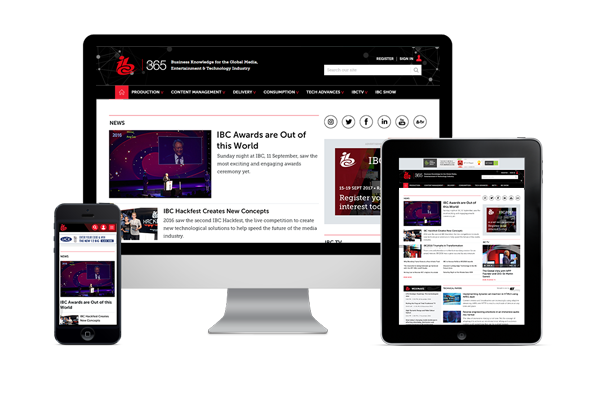The DPP lays out its key priorities

From the challenge of monetising online video, to the implications of artificial intelligence and the adoption of IMF, DPP managing director Mark Harrison spells out the key focuses for the organisation.
The Digital Production Partnership (DPP) went into IBC with managing director Mark Harrison promising, a “number of pretty big pieces that we want to talk about”.
The topics consisted of IMF for broadcast and online content versioning, the monetisation of online content, the DPP Security Mark, and upcoming work on machine learning (AI).
Monetisation of video
One of the big subjects of debate for the DPP at IBC was what it sees as a monetisation problem with online video.
It brought 20 senior executives from across the media supply chain to discuss the issue at an IBC dinner, with Lindsay Pattison, the chief transformation officer with WPP, as guest speaker. Then, on October 5, the DPP published a report for its members summarising the key issues.
But, does tackling such a major content issue take the DPP out of its technically-focused comfort zone, or perhaps its swathe of new members have widened its brief?
“We have always been about looking at the important areas of …
Read the full article

Sign up to IBC365 for free
Sign up for FREE access to the latest industry trends, videos, thought leadership articles, executive interviews, behind the scenes exclusives and more!
Already have a login? SIGN IN

















